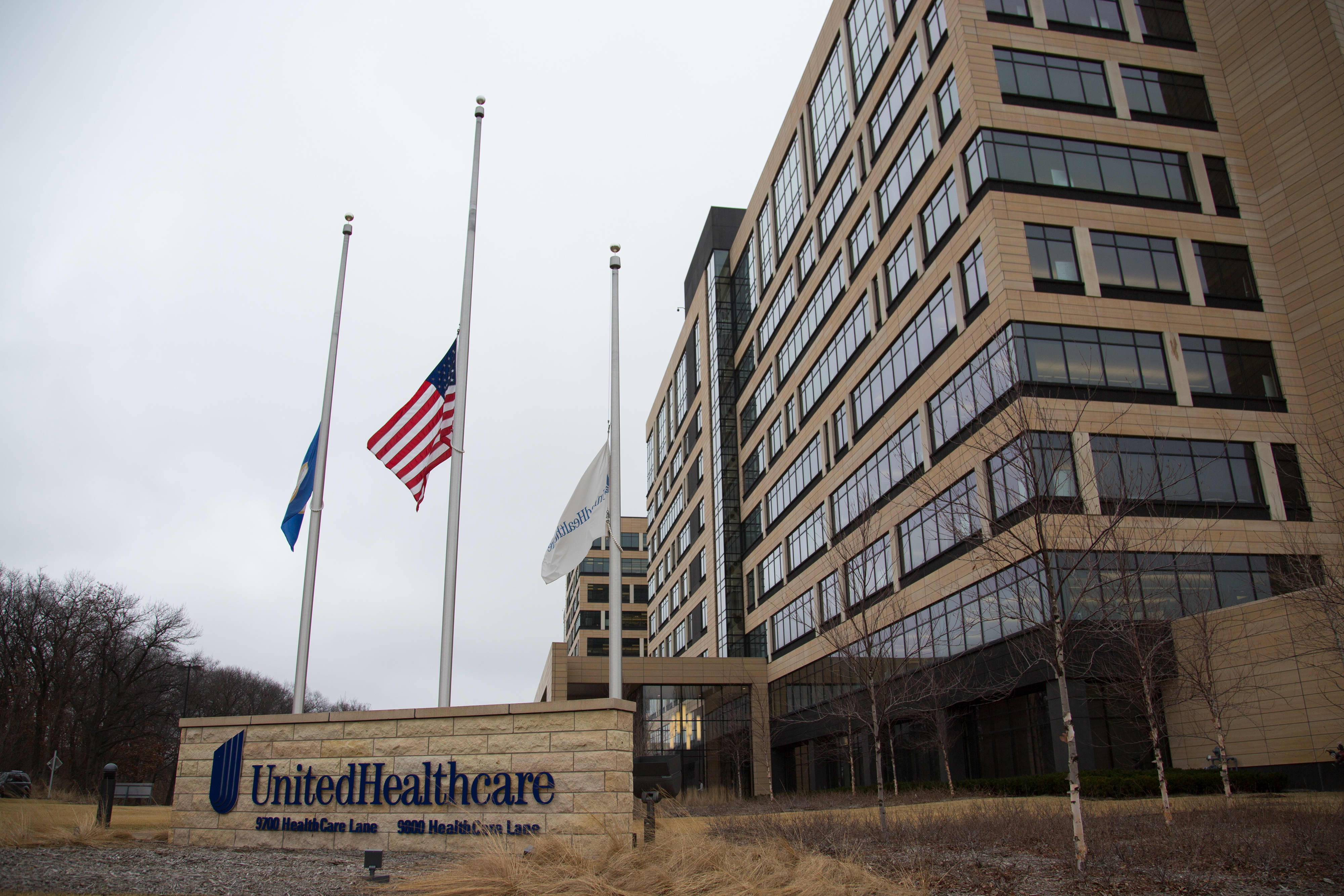
In recent days, UnitedHealth Group, one of the United States’ largest health insurers, has unexpectedly experienced a sharp decline in its stock price, sparking widespread concern among investors and analysts. This dramatic sell-off followed the disclosure that the U.S. Department of Justice (DOJ) has initiated a criminal investigation into the company’s Medicare billing practices, particularly targeting its Medicare Advantage division. The news has sent shockwaves through the market, raising questions about the company’s financial stability and future viability.
The Core of the Investigation: Medicare Advantage Billing Practices
At the heart of this turmoil lies serious allegations that UnitedHealth may have engaged in Medicare fraud. The Medicare Advantage program, designed to provide Medicare beneficiaries with alternative coverage options via private insurers, constitutes a significant chunk of UnitedHealth’s business revenues. The DOJ’s probe focuses on whether UnitedHealth’s billing and coding methods artificially inflated reimbursements from the federal government. Specifically, investigators are examining if the company misrepresented the health status of Medicare Advantage enrollees to claim higher payments than warranted. Though the full details of the probe remain confidential, the mere fact that a criminal investigation is underway has sent investors into a frenzy, with UnitedHealth’s shares tumbling between 16% and 18% in a single trading session—their lowest point in nearly half a decade.
A Company Under Pressure: Corporate Challenges Beyond Legal Issues
This investigation arrives amid an already volatile period for UnitedHealth. Beyond the DOJ scrutiny, the company has faced substantial operational and leadership hurdles. Notably, Stephen Hemsley, the former CEO who led UnitedHealth for more than a decade before stepping down in 2017, has resumed leadership during these turbulent times, a move that underscores the gravity of the situation. The company’s stability was further shaken by the tragic murder of Brian Thompson, CEO of UnitedHealth’s insurance unit, an event that deeply unsettled the organization and its investors. Additionally, UnitedHealth has had to contend with a significant cyberattack on one of its subsidiaries, along with mounting medical costs, which together have stretched both operational capabilities and financial performance.
Market Reactions and Future Risks
UnitedHealth’s stock performance this year reveals the mounting pressure—the share price has declined nearly 50% from its peak last year, wiping out substantial market capitalization and signaling waning investor confidence. The sharp plunge following the DOJ investigation announcement highlights the fragile nature of the company’s current standing. Financial analysts express concern over the possible legal repercussions and financial liabilities that might arise if evidence of fraud is substantiated. Potential outcomes such as hefty fines, restitution payments, or enforced changes to UnitedHealth’s business model could severely impact future earnings and tarnish the company’s reputation.
In response to the allegations and the criminal inquiry, UnitedHealth has flatly denied any knowledge of the investigation and vehemently rejected accusations of fraud. The company asserts that its Medicare Advantage plans are subject to stringent and regular government audits, all of which have affirmed its compliance with regulatory standards. UnitedHealth emphasizes adherence to high industry standards, condemning any suggestion of wrongdoing as “outrageous and false.” Nevertheless, despite these official denials, the presence of an active DOJ probe injects regulatory uncertainty that could influence not only investor sentiments but also consumer trust—a critical component for any healthcare insurer.
Navigating an Uncertain Road Ahead
Looking forward, the investigation’s trajectory remains uncertain. DOJ probes of this magnitude can stretch over months or even years, involving intricate negotiations and potential settlements before resolution. Amid this ongoing scrutiny, UnitedHealth must manage internal operational challenges such as cost control, leadership stability, and restoring confidence among shareholders and policyholders alike.
The sharp stock decline serves as a vivid illustration of how regulatory scrutiny can abruptly transform the fortunes of dominant players in the healthcare industry. UnitedHealth’s predicament underscores the complexities insurers face in balancing rapid expansion within the lucrative Medicare Advantage market against strict regulatory compliance and ethical billing practices. For investors, this situation reinforces the importance of robust due diligence regarding legal and policy risks when considering healthcare stocks, sectors deeply entwined with government oversight.
Ultimately, UnitedHealth’s fate will hinge on its ability to effectively address DOJ concerns and reinforce corporate governance. If the company can weather the legal storm without incurring significant penalties, it may regain lost ground. However, the current depth of legal and reputational challenges means that all eyes will remain fixed on the insurer for the foreseeable future, aware that the outcome of this investigation could chart the company’s path for years to come.
